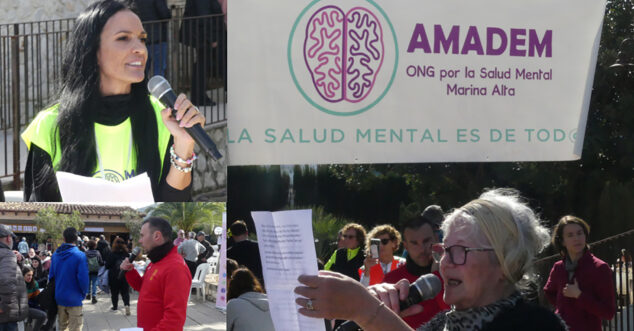OPINION | Luisina Daives, Amadem Psychologist
On the occasion of International Women's Day, Mental Health Spain is disseminating the #FeministMentalHealth campaign, focused this year on the Mental Health of women in the perinatal period, that is, that which encompasses their psychological and emotional well-being during conception. pregnancy, childbirth and postpartum. It is estimated that 14% of women suffer from postpartum depression, and its underdiagnosis is very high (between 50 and 75%).
Perinatal Mental Health refers to the care necessary for the emotional and psychological well-being of women during their perinatal period (i.e., conception, pregnancy, childbirth and postpartum). It includes prevention, care, support, diagnosis and intervention in families throughout the entire process surrounding birth, and also contemplates the importance of establishing a healthy bond between the mother, the baby and the family.
Sometimes, women do not ask for help due to the feeling of guilt regarding the social imperative of “having to” be happy at this stage and also due to the fear of stigma and the difficulty in recognizing that mental health is being affected. It is urgent to invest in good mental health from the moment of conception and pregnancy for the well-being and emotional balance of people and a much healthier society.
A job well done would be to collect data on maternal mental health and promote social awareness and visibility. Also the creation of monitoring protocols at the state level of maternal mental health from pregnancy, creating spaces in which women can openly expose everything that worries them about motherhood, including issues of infertility, promoting the detection of maternal mental health from Primary Care, and continuous training of Gynecology and Obstetrics professionals in this area. All of this would prevent suffering for babies, mothers, fathers and family, allow the development of the mother-baby bond, and reduce the risk of self-medication with psychotropic drugs.







